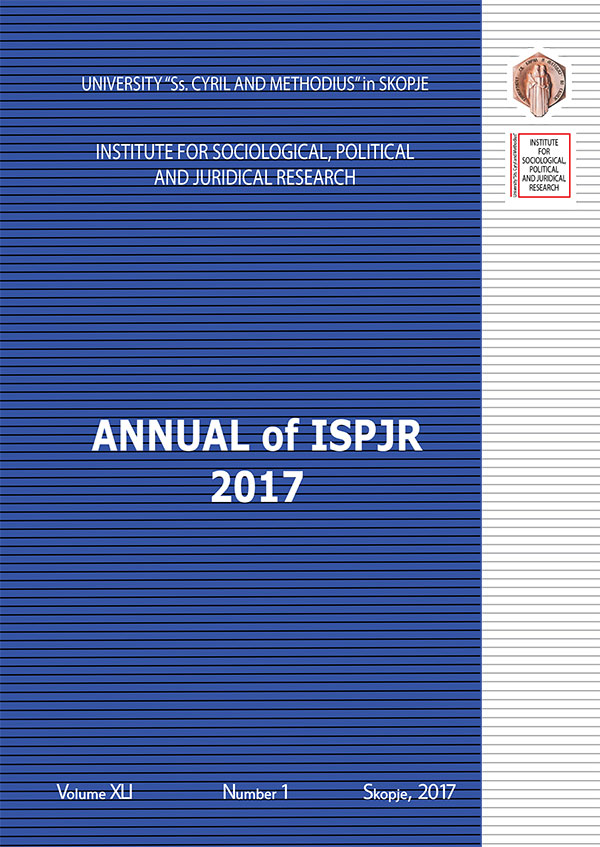INTERNATIONAL RND COOPERATION VERSUS NATIONAL RND COOPERATION
INTERNATIONAL RND COOPERATION VERSUS NATIONAL RND COOPERATION
Author(s): Besnik FetahuSubject(s): Business Economy / Management, Energy and Environmental Studies, International relations/trade, Environmental interactions, Financial Markets, ICT Information and Communications Technologies
Published by: Институт за социолошки и политичко-правни истражувања
Keywords: Cross-border & inter-institutional research projects; interdisciplinary project teams; R&D cooperation Projects; Scientific mobility;
Summary/Abstract: The global perspective on world-class research performance with the challenge of rapid adaption to technological & environmental changes leads to a higher demand for crossborder and inter-institutional research-cooperation. This means that opportunities & challenges within our dynamic world have never been greater then now. Therefore R&D (Research & Development) cooperation projects require an integrative system approach embracing several spheres, like market considerations, production processes, usage of raw materials & technologies, quality and risk analysis, implications on environment/health issues; etc. Beside that cross-European R&D cooperation projects and associated multidisciplinary and inter-institutional working teams are necessary in order to deal with the inherent complexity of research topics, technologies and corresponding environments considering the underlying objective to boost organizational performance and efficiency. Major success factors of such R&D cooperation projects (for example Integrated Projects within FP7) are that the best researchers and the most qualified institutions/companies cooperate in relation to a specific research topic on a cross-national level. In this connection, cross-cultural knowledge sharing activities and a mutual learning process are taking place. Other success factors of fruitful international R&D cooperation projects are: - A project consortium consisting of experts from different research areas as well as adequate involvement of commercial and end-user partners to ensure the proper exploitation of the project results; - The whole cooperation is based on mutual trust; - All partners within the R&D project have a real benefit and incentive to contribute to the project work; and - A balanced IPR approach. The above-mentioned R&D cooperation requirements will continue into the future, and those organizations which can best cope with it, will benefit the most
Journal: Annual of the Institute for Sociological, Political and Juridical Research
- Issue Year: XLI/2017
- Issue No: 1
- Page Range: 115-124
- Page Count: 10
- Language: English

